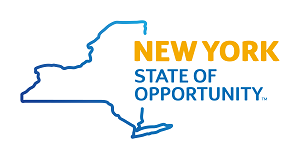Schoharie County, NY Eyes New Fiber Network On Back Of $30 Million Grant
Schoharie County, New York officials have applied for a $30 million New York State ConnectALL grant with the hopes of eventually building a $33 million, county-wide fiber network.
The shape and scope of the network has yet to be determined, but the county hopes to build a network that brings affordable access to the rural, agriculture-heavy county.
“Schoharie County applied for the grant under the NYS MIP program on April 19th, in an attempt to bring high speed broadband access to every premise in the county,” Deputy County Administrator Jim Halios told ILSR.
Notoriously over-optimistic FCC data currently states that Schoharie County enjoys 92 percent broadband coverage county-wide. In reality, broadband access in the county is largely dominated by a monopoly enjoyed by Charter Spectrum, which was nearly kicked out of the state entirely in 2019 for misleading regulators and failing to evenly deploy access.




